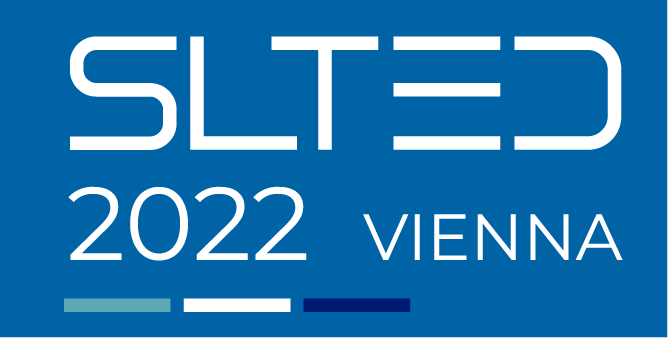Higher Order Inclusion: Promoting Inclusion in Second Language Teacher Education
Organisers: Carolyn Blume (TU Dortmund, Germany) & Sophie Engelen (Justus-Liebig-Universität Giessen, Germany)
This symposium for second language teacher educators shifts the attention from the needs of diverse foreign language learners in heterogeneous and inclusive school settings to focus on those of their future teachers. In alignment with advocacy regarding greater socioeconomic and ethnic diversity among the teaching population, we propose that truly inclusive language teaching can only be fostered when the teachers themselves reflect the diversity of the learners, including differences resulting from learning disabilities, handicapping conditions, and neurodiversity. Moreover, the question as to how inclusivity in higher education can benefit all learning institutions requires close examination that has, until recently, been lacking.
In this session, we will begin by establishing the relevance of inclusivity in second language teacher education at the university level and beyond with a short input from the conveners. We will touch on the state of the teaching profession, issues of representation and accessibility of teacher training courses for students with special educational needs, as well as administrative aspects and the role of digitality in this context. Subsequently, participants will work in small groups to analyze one of several case studies of upper-secondary and university-level students’ experiences in second language learning and preparing to teach from a variety of perspectives (Attention Deficit (Hyperactivity) Disorder, Autism, Dyslexia, and Vision Impairment). The brief case studies, with some contextualizing information and featuring the learners’ perspectives, will serve as an initial opportunity to identify the issues they face from an individual, student perspective and from the point of view of subject-specific teacher education (linguistics, literature, and didactics). Collaboratively, we will discuss the tensions involved in addressing the students’ academic, personal, and professionalization needs in subject-specific and didactic preparation courses. Insights from various contexts will highlight emerging “good practices.” In a final step, we will generate ideas for continuing the conversation on this topic, prioritizing areas of interest and action for the future. Resources for further reading and research will be provided.
This symposium is intended to be highly interactive, with a co-construction of knowledge and an exchange of ideas laying the groundwork for future collaboration in this area. Given the limited state of existing information on these topics, the experts will function in large part as moderators, anticipating that the participants will be able to share insights derived from the case studies, their own prior experiences, and their professional expertise in second languages and second language teacher education.
